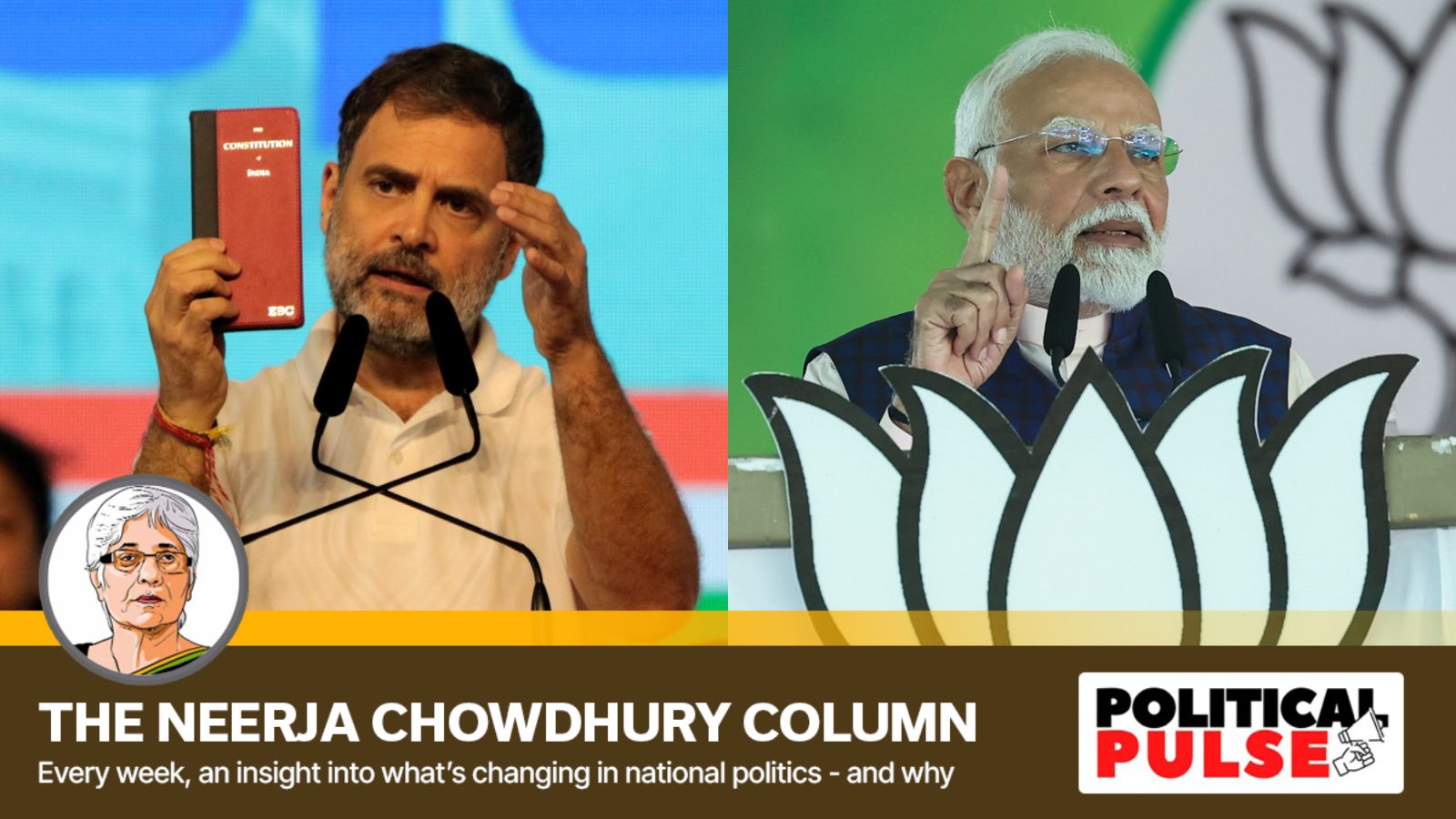 |
|
The upcoming Maharashtra Assembly elections are shaping up to be a complex and intriguing contest, with state leaders taking center stage rather than national figures like Prime Minister Narendra Modi or Rahul Gandhi. While the names of these national leaders are rarely mentioned, the focus remains firmly on the sons of the soil, their strategies, and the local dynamics that will ultimately determine the outcome.
One of the prominent figures in the election is Chief Minister Eknath Shinde of the Shiv Sena, who is garnering praise for the Mukhya Mantri Majhi Ladki Bahin Yojana, a welfare scheme targeted at women. Shinde is also strategically positioning himself as a Maratha leader, seeking to capitalize on the community's political significance. On the other side of the political spectrum, Deputy Chief Minister Devendra Fadnavis of the BJP appears to have regained some of his lost authority thanks to the intervention of the Rashtriya Swayamsevak Sangh (RSS).
Ajit Pawar, the other Deputy Chief Minister and leader of the Nationalist Congress Party (NCP), faces a challenging situation. He has expressed a desire to keep high-profile BJP leaders like Modi, Amit Shah, and Yogi Adityanath away from constituencies allotted to his party. Pawar's concern stems from his belief that their polarizing rhetoric could antagonize Muslim voters. Additionally, he has cautioned his supporters against criticizing Sharad Pawar, his uncle and the NCP patriarch, fearing that such criticism might generate sympathy for him.
Meanwhile, Uddhav Thackeray, the former Shiv Sena leader, is struggling to establish himself as the legitimate representative of the party. While he enjoys some goodwill, it falls short of the support he received during the Lok Sabha elections. The Congress, on the other hand, has opted for a localized approach, with its leaders focusing on their respective regions.
The Maha Vikas Aghadi (MVA), an alliance comprising the Congress, NCP, and Shiv Sena (led by Uddhav Thackeray), is pinning its hopes on the political acumen of Sharad Pawar. In Baramati, where Ajit Pawar is contesting, Sharad Pawar played the sympathy card, hinting that this might be his last election. He also acknowledged the MVA's loss of some political advantage due to the Mahayuti's (the ruling alliance) welfare schemes.
The election in Maharashtra is not solely a battle between national parties, but a confluence of diverse factors playing out across 288 constituencies. Caste, candidate, religion, farmers' concerns about crop prices and inflation, and a multitude of local issues are shaping the political landscape. The election in Marathwada, a region with a strong Maratha presence, exemplifies the complex interplay of these factors. The rivalry between Sharad Pawar and Devendra Fadnavis, which dates back to 2014, is at the heart of this contest.
Fadnavis, seeking to strengthen the BJP's hold in the region, attempted to woo Maratha voters by playing the reservation card, aiming to consolidate his support among the Other Backward Classes (OBCs). However, the situation took a dramatic turn in 2019 when Ajit Pawar briefly aligned with Fadnavis before returning to his uncle's side. The NCP's eventual split in 2023 injected a personal element into the rivalry.
The Maratha reservation issue has also been a major factor in the election. Manoj Jarange Patil, a prominent activist, has escalated the demand for reservation but controversially proposed that it be allocated from the OBC quota. His attacks have primarily targeted Fadnavis, portraying him as an antagonist to the Maratha community. While Jarange Patil's decision to withdraw his independent Maratha candidates might favor the MVA, the Mahayuti is banking on the Ladki Bahin Yojana to attract women voters across caste and other divides.
The impact of the Ladki Bahin Yojana is evident in the village of Pokhri, where Dalit women, influenced by the financial assistance they received, are inclined to vote for Eknath Shinde. However, the scheme has also created a dilemma for Maratha women who, while supporting Jarange Patil's call to defeat the BJP, are also beneficiaries of the scheme. The more educated women criticize the financial prudence of the scheme, but those who have directly benefited from it are swayed by the tangible advantages.
The Maratha-Muslim-Dalit alliance that has historically benefited the Congress and the NCP in the region is also a factor in the election. While Jarange Patil's move to withdraw his candidates could potentially boost the MVA, there is speculation that he might support Shinde in some constituencies, hinting at a complex web of alliances and rivalries. The demand for Maratha reservation reflects a desire to reclaim the community's political power in a state where they once held significant influence under the Congress and the NCP.
Despite the uncertainty surrounding the election outcome, one consensus prevails: the BJP and the Congress are likely to maintain their current positions. Many anticipate a post-election muddle, with no clear winner emerging. The election is shaping up to be a complex and unpredictable contest, with local issues and intricate alliances shaping the future of Maharashtra.
